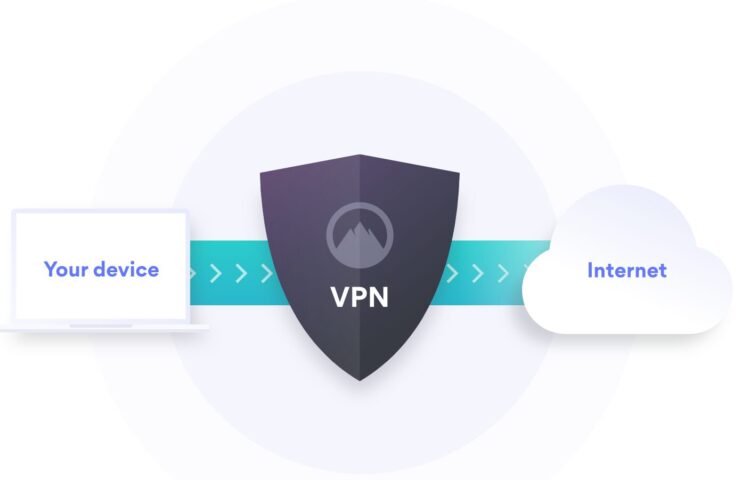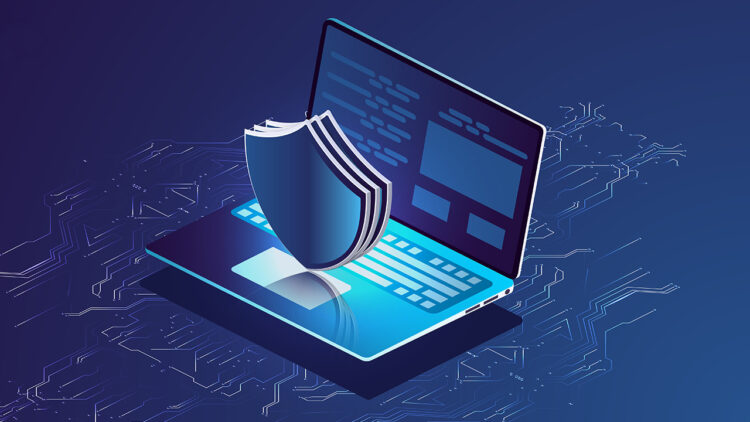Because of modern innovations nowadays, a Virtual Private Network (VPN) is becoming more popular in a variety of industries. However, despite the growing popularity, there are still many people who don’t understand what it is and how it can work for them.
To know if they’re right for you or not, continue reading this article as we’ll discuss the advantages and disadvantages of VPNs.
Table of Contents
What is a VPN?

In its simplest terms, a VPN is a private network that runs on a public system. It also refers to programming used to create an encrypted and safe connection over a less reliable network, like the public Internet. When using it, the user’s PC, smartphone, or tablet can connect on the Internet, which allows you to access websites and protect your browsing activity.
If you’re shopping around for the perfect virtual private network providers, knowing everything about them can help you in the decision-making process. For example, you can read a review on VPNpro and other go-to-resource websites to help you decide which is the right fit for you.
What Are The Pros And Cons of Using VPNs?
By now, you know already what virtual private networks are. Thus, the next step is to learn the pros and cons of using these private networks when you browse the Internet. Typically, virtual private networks offer a variety of advantages. However, there are also many disadvantages to using virtual private networks.
Here’s how VPNs become advantageous and disadvantageous to users:
Pros:

1. Protect Sensitive Data
Accessing the Internet in public areas through free Wi-Fi allows hackers to easily expose your sensitive data online. This delicate information includes credit card details, email and bank account credentials, and many more.
Fortunately, if you use a virtual private network, your data is safe from hackers because they’re encrypted before getting it transferred to the Internet.
2. Can Bypass Firewalls
When you’re at a public place, such as at school, hotel, or airport, you may probably experience difficulty in accessing certain websites because of annoying network firewalls. Usually, network admins install firewalls since they have to comply with different regulations. However, these firewalls don’t seem fair to you.
With VPNs, you can bypass any firewall you deal with because it’ll hide your IP address and make website browsing easy and smoother and one of the VPNs you should check is SurfShark. Also, they can detour government-enforced firewalls. As a result, you can avoid dealing with any government censorship while surfing the Internet.
3. Conceal Your Identity
As mentioned, VPNs work as a program that encrypts your online traffic. In short, they ensure your digital footprints can’t be traced on the Internet. In addition to protecting your sensitive data, they can also make sure online hackers can’t use your real IP address to determine your online identity.
Not only that, they safeguard you from internet service providers and other government surveillance agencies. That way, these people are unable to keep track of your online browsing activities by prying on your traffic.
4. Hide Bandwidth From Internet Service Provider
Using a VPN means you can hide bandwidth from ISP. It’s one way of tricking your provider because they won’t know which websites you’re accessing and the amount of bandwidth you’re using. Remember, VPNs encrypt data, that’s why internet service providers don’t detect it.
Cons:

1. Can Slow Down Online Speeds
When using a VPN, you can sometimes experience a slowdown in your online speeds. However, the strike may be due to several factors, such as what kind of protocol you choose, how secure the encryption is, and the distance of your location from the virtual private network server.
Although lower Internet connection speeds may be unnoticeable at times, it’s still essential to get ready for a potential drop. That way, you can get the most out of your browsing activities.
2. Support Not All Devices
There are devices that don’t support virtual private networks. That’s why you need to do a manual configuration of a virtual private network connection. This process can be time-consuming, thereby it’s one of the disadvantages of using virtual private networks.
If you want to use it, make sure your device has a VPN software for easy connection.
3. Can Cost You Money
We need to make a distinction under this category. Clearly, free virtual private networks aren’t a reliable option. Because of this, you may end up getting a paid VPN provider. If you’re on a tight budget, that can be a huge problem.
In most cases, quality virtual private networks mean costing you more money in the long run.
Conclusion
Overall, VPNs offer more advantages than disadvantages. Besides, the extent of the benefits of using these private networks depends on what kind of browsing activity you do. However, simply put, using it remains to be the right choice if you want to have a safe and faster web experience.
Hopefully, you find this article helpful when considering the use of VPNs in both your personal and business transactions.
If you want to learn more about safety on the Internet check out Techslang.
